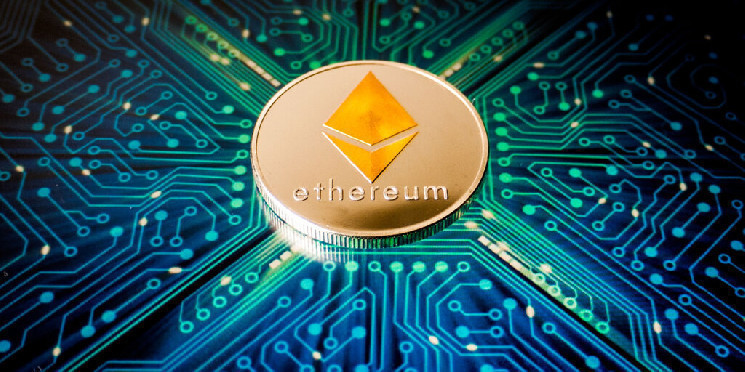[ad_1]
Heralded by Ethereum developers as the technical milestone they’d been “dreaming of,” last week’s Dencun upgrade was supposed to forever alter the Ethereum ecosystem—by making transactions on its layer-2 networks exponentially cheaper and thus more accessible.
One week later, how do things stand?
On the whole, Dencun has delivered exactly as promised. Across layer-2 networks that have already integrated the software update, gas fees have plummeted to unprecedented lows, in most cases by over 90%.
At writing, median transaction fees on layer-2 networks Arbitrum, Starknet, Optimism, and Optimism-based chains Base and Zora have all fallen to one cent or below, according to data from Dune and Ethereum analytics platform Grow The Pie. That’s a 91% to 95% drop in cost for each of those networks.
2 hours ago, @arbitrum’s gas fee dropped by another 80%.
Now you only need 0.000004 ETH (about $0.01) to complete a transaction on this chain.
This is fucking insane man! https://t.co/GgEv4AbGbz pic.twitter.com/2DNZlcLjmN
— Larvandweb3.eth 🦇🔊 (@Larvandweb3) March 19, 2024
Day by day, those costs continue to fall—from one cent down to mere fractions of a penny.
Enabling Dencun’s near-elimination of gas fees is a novel data storage solution called proto-danksharding, which is powered by blobs. Blobs allow layer-2 data to be stored on-chain for a temporary period of about a month, as opposed to forever—the only previously available option.
Gm to 4844, welcome to @Optimism & @base
Swaps now costing 1/10 of a cent
Modularity scales. pic.twitter.com/CcZPshm836
— AureliusBTC (@AureliusBTC) March 14, 2024
Dencun’s drastic reduction of on-chain fees has impacted not just ETH transfers and token swaps, but also heftier NFT-related transactions.
On Zora—a layer 2 network built by the homonymous NFT minting platform—the most common transactions are (expectedly) NFT transfers. Nonetheless, the median transaction cost on the network is currently 9/10ths of a penny.
Compare those minuscule figures with the Ethereum mainnet, where an NFT sale currently costs $72 on average, per Etherscan. Just weeks ago, due to network clogs, that cost neared $400 per NFT transfer.
This is huge
Reducing transaction fees and confirmation times on Layer 2 will open up so many more use cases for crypto.
We’re finally getting scalability. https://t.co/X7K3TzkMno
— Brian Armstrong 🛡️ (@brian_armstrong) March 14, 2024
Not all layer-2 networks are quite there yet, however. Some are taking a bit longer to integrate Dencun-related updates across their settlement contracts. Polygon, for instance, has yet to see its gas fees fully drop off; mean transaction costs on the network are currently hovering around $0.72. Polygon Labs VP of Product David Silverman previously told Decrypt that he expects all layer-2s, including Polygon, will be fully integrated with Dencun within a month or two.
While the impact of Dencun is clearly already substantial, some critics outside the Ethereum ecosystem—and even developers within it—have noted that transaction costs are likely to rise with increasing network traffic.
While blob-enabled L2 gas prices are very cheap right now, we can expect them to increase a bit over time as demand for blobs increases.
This is expected behavior & is why 4844 is only the beginning – blobs are an evolving primitive & are part of the wider danksharding roadmap.
— sassal.eth/acc 🦇🔊 (@sassal0x) March 14, 2024
And yet, most layer-2s with slashed gas fees have already seen dramatic increases in network activity. Daily transaction volume has more than doubled on Optimism, Base, Arbitrum, and Zora in the week since the upgrade; on Starknet, it has almost tripled. Gas fees on all those networks are still currently one cent or less on average.
Many L2 developers hope that such sustained drops will prompt a fundamental shift in how users engage with Ethereum—moving the bulk of routine transactions onto L2s, and away from the costly mainnet.
But recent gains of layer 2s don’t appear to be at L1’s detriment—at least not yet. Traffic on the Ethereum mainnet remains consistent with figures from the past year, according to Etherscan; in fact, it’s slightly up since last week.
Edited by Andrew Hayward
[ad_2]

